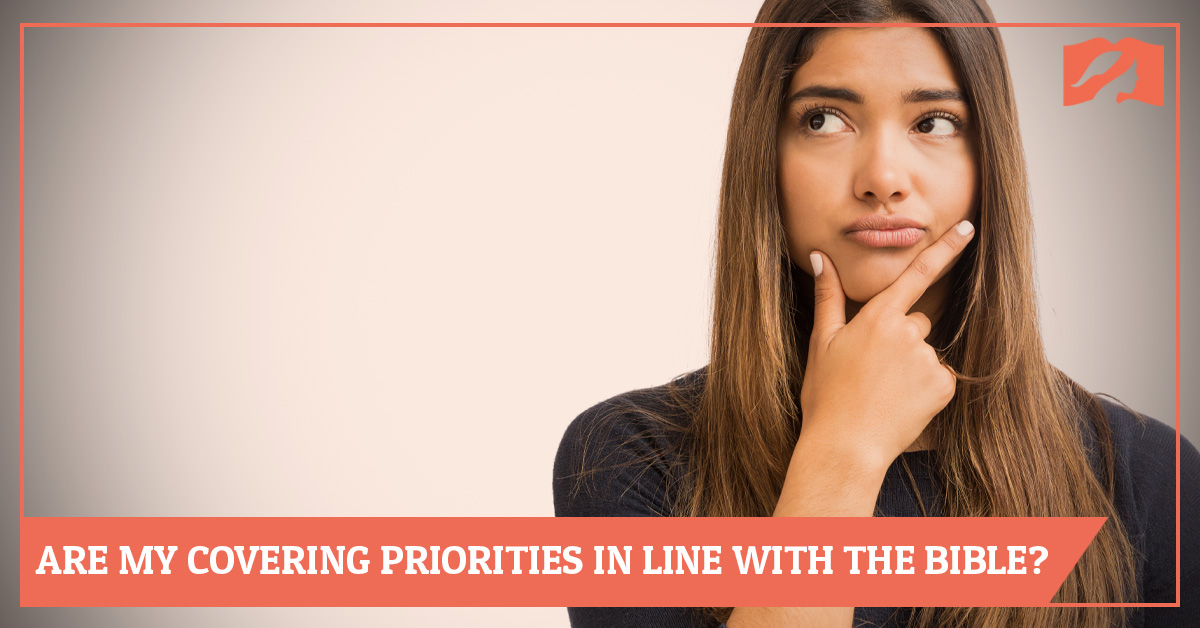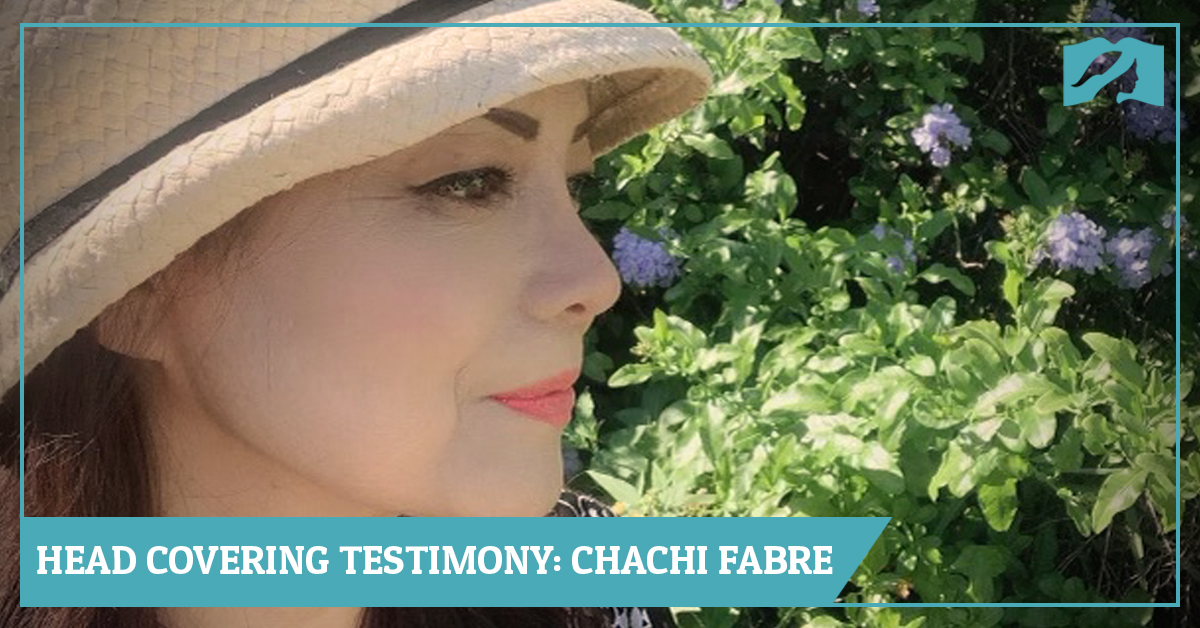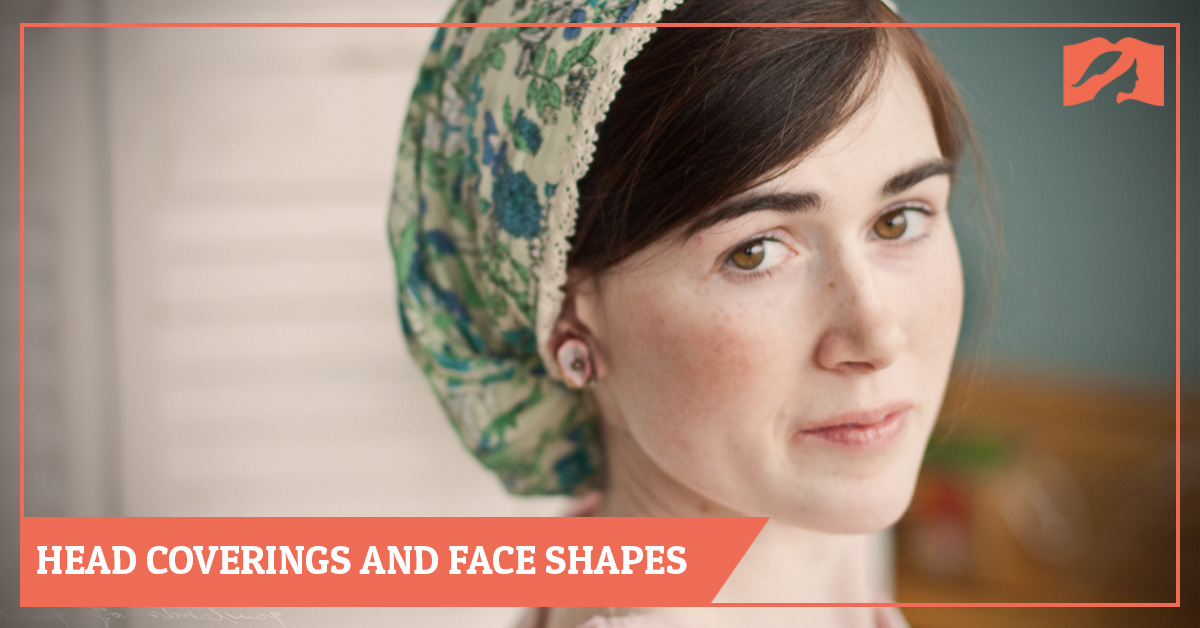Are My Head Covering Priorities in Line with the Bible?

When I first started head covering, I temporarily experienced a bit of tunnel vision. I was still trying to clarify and solidify my beliefs, which necessitated quite a bit of time spent in focused study. I was also trying to understand (and deal with) the different reactions I got. Traversing this unfamiliar ground required extra attention, for a while. Though I was very careful to not allow this new experience to turn into a focal point of obsession, other people may have been concerned that it would.
Nine years later, I’m happy to say that it hasn’t.
Head covering has never been an issue I’ve exalted over more important matters, such as confessing sin, trusting in Christ, and loving and forgiving others, to name a few examples. I’ve always had a clear understanding of its place in my life, and of what level of priority it deserved.
Head Covering Mistakes to Avoid
Sometimes I hear it suggested that those who practice head covering are obsessive, legalistic, ignorant, or unbalanced. I know I don’t fit that caricature and I’m disappointed to be so misrepresented. And yet, I try to be patient. It doesn’t do any good to let false assumptions get under your skin. Being super-sensitive to criticism leads to problems such as bitterness and resentment, and I don’t want to give those things a foothold in my heart. So, I’ve always tried to avoid taking myself too seriously.
I take God seriously, and I take His Word seriously, but I don’t take myself too seriously. This isn’t about me. Read more
- Share
- Like
- Tweet
- Pin It
- Digg
- Delicious
- Tumblr
- VKontakte
- Flattr
- Buffer
- Love This
- Odnoklassniki
- Meneame
- Blogger
- Amazon
- Yahoo Mail
- Gmail
- AOL
- Newsvine
- HackerNews
- Evernote
- MySpace
- Mail.ru
- Viadeo
- Line
- Comments
- Yummly
- SMS
- Viber
- Telegram
- Subscribe
- Skype
- Facebook Messenger
- Kakao
- LiveJournal
- Yammer
- Edgar
- Fintel
- Mix
- Instapaper
- Copy Link







